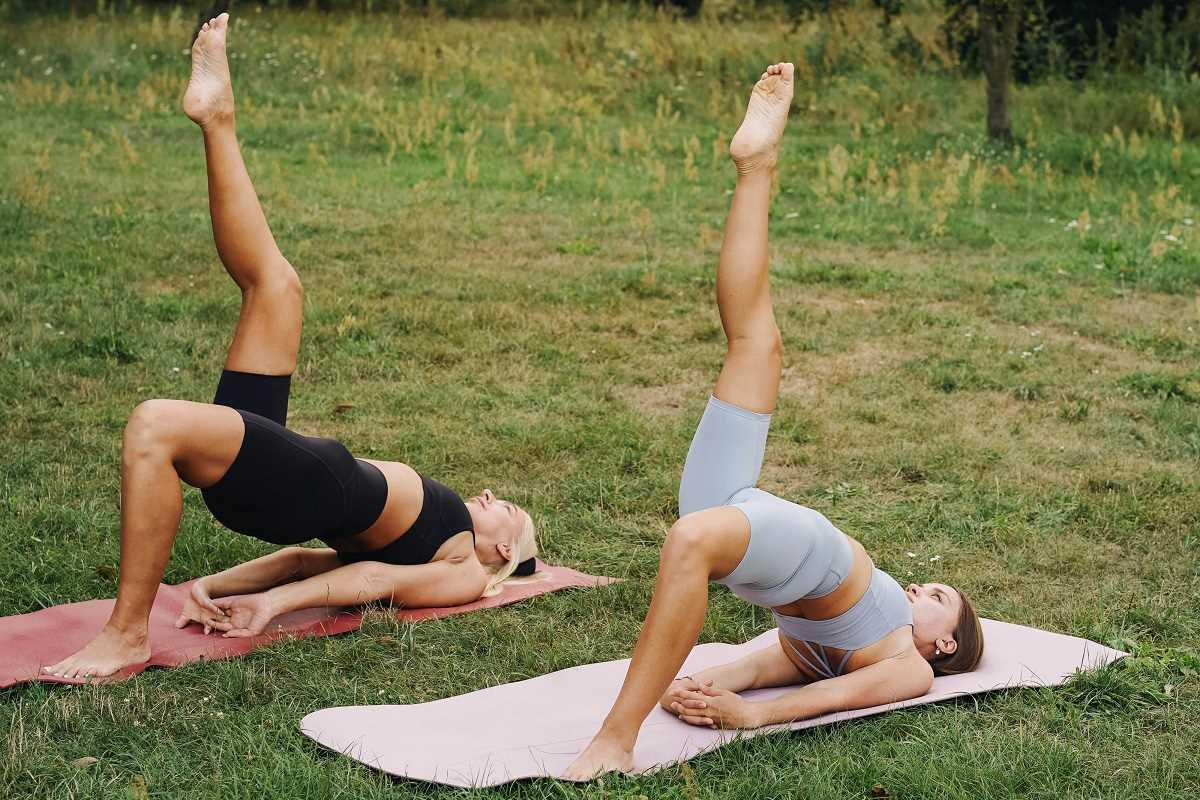Wellness isn’t just about hitting the gym or eating your greens—it’s a full-body, mind, and soul experience. It’s about creating a lifestyle that nurtures every part of you, not just your physical health. True wellness includes building strength and resilience, finding emotional balance, and cultivating mental clarity. It means developing habits that support both your personal and professional growth while staying aligned with your values and goals. From nourishing your body with healthy food and staying active to exploring mindfulness, meditation, and meaningful rest, wellness is a continuous journey. It's about making intentional choices that help you feel your best—energetic, focused, and connected. When wellness becomes a priority, it empowers you to show up fully in all areas of your life, improve your relationships, and find deeper satisfaction in everyday moments. By embracing wellness as a holistic practice, you pave the way for long-term vitality, joy, and fulfillment.
Understanding Intentional Fitness Practices
Intentional fitness practices go beyond mere physical activity; they represent deliberate, purposeful approaches to exercising that align with one's personal growth objectives. By setting clear intentions, individuals engage in fitness routines that enhance their physical capabilities and support their mental and emotional development.
These practices focus on the quality and mindfulness of movements, encouraging individuals to connect deeply with their bodies and their inner selves. This connection changes fitness from a routine task into a meaningful practice that contributes to overall wellness.
- Mindful Movement: Paying attention to the form and execution of each exercise.
- Goal Setting: Establishing clear, personal objectives to guide fitness activities.
- Consistency: Maintaining regularity in fitness routines to build sustained progress.
- Holistic Approach: Integrating physical exercise with mental and emotional well-being practices.
- Self-reflection: Assessing personal growth and adjusting fitness practices accordingly.
Fitness Activities for Personal Growth
Engaging in diverse fitness activities significantly contributes to personal growth by challenging the body and mind in various ways. These activities build physical strength and endurance while encouraging discipline, focus, and resilience, which are essential traits for personal development.
Here are some activities that build physical strength and promote personal development:
- Yoga: Combines physical postures with breathing techniques to enhance flexibility and mental clarity. Regular yoga practice promotes relaxation and self-awareness, aiding in the reduction of stress and anxiety.
- Pilates: Focuses on core strength, flexibility, and mindful movement to improve overall body awareness. Pilates enhances posture and balance, contributing to a stronger and more coordinated physique.
- Strength Training: Builds muscle and resilience, promoting discipline and perseverance. Lifting weights or using resistance bands challenges the body, leading to increased strength and confidence.
- Meditation Walks: Combines walking with mindfulness practices to reduce stress and increase mental focus. This activity encourages a meditative state, enhancing cognitive function and emotional stability.
- Dance: Encourages creative expression and coordination, boosting emotional well-being. Dance serves as a fun way to stay active while also expressing oneself artistically.
- Martial Arts: Develops physical strength, self-discipline, and confidence through structured training. Martial arts teach respect, focus, and determination, which transfer to other areas of life.
Integrating Fitness into Daily Life
Incorporating intentional fitness practices into your daily routine doesn't have to feel overwhelming. It involves making small, conscious choices that prioritize your well-being amidst a busy schedule. By recognizing the value of fitness in personal development, you create sustainable habits that enhance your overall quality of life.
Start by identifying specific times for exercise that fit seamlessly into your day, whether it's an early morning jog or an evening yoga session. Embracing intentional fitness means committing to activities that resonate with your personal goals and lifestyle, ensuring a sustainable and enjoyable fitness journey. Integrating fitness with other daily activities, such as biking to work or taking active breaks during the day, helps maintain consistency without significant disruptions to your routine.
Mental and Emotional Benefits of Fitness
Intentional fitness practices have profound effects on mental health, offering a natural boost to mood and cognitive function. Regular exercise stimulates the release of endorphins, the body's natural mood enhancers, which can alleviate stress, anxiety, and depression. This biochemical response improves mood and enhances overall mental resilience.
Engaging in fitness activities creates a sense of achievement and self-esteem. As individuals set and reach fitness goals, they build resilience and a positive self-image, which translates into other areas of life, enhancing overall emotional well-being. The discipline and commitment required for regular exercise also cultivate a strong sense of purpose and motivation, contributing to a more balanced and fulfilling life.
 (Image via
(Image via





